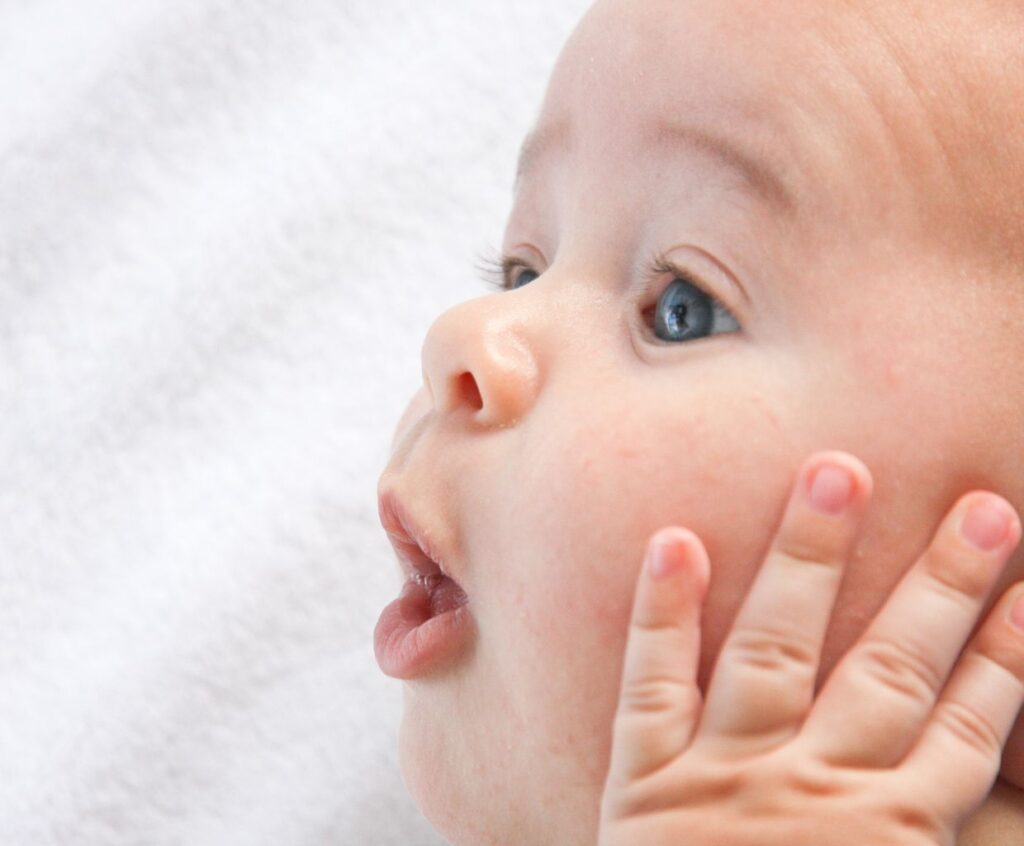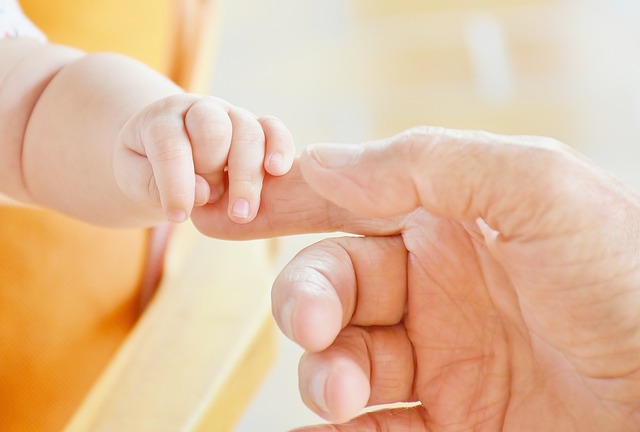When Do Babies Start Talking? Understanding Early Language Development
Have you ever wondered when your baby will start uttering those adorable first words? Language development in babies is an exciting and important milestone that every parent eagerly looks forward to.
While it may vary from child to child, specific general patterns and stages can help us understand when babies typically begin to talk.
Early Communication Milestones
Babies start communicating when they have their language skills not yet developed. They use various non-ves like crying, cooing, and facial expressions to communicate their needs and emotions. As they grow, they gradually progress through different stages of language development.
1. Crying and Cooing (0-3 months)
The babies primarily communicate through crying and cooing during months of life; babies primarily express discomfort or hunger, while cooing represents their attempt to engage in vocal play. Although their utterances may not be meaningful, they are the foundation for future language development.
2. Babbling (4-9 months)
Between the ages of four to nine months, babies start babbling. The repetitiorepeatinguch characterizes this stage as “ba-ba” or “mama.” Babbling helps babies practice the sounds and rhythms of language, allowing them to explore the range of sounds they can produce.
3. First Words (10-14 months)
Babies typically utter their first recognizable words at around ten to fourteen months. These words are usually simple and related to their immediate environment, such as “mama,” “dada,” or the names of familiar objects or pets. It’s an exciting moment for parents, as it marks verbal communication.
4. Vocabulary Expansion (15-24 months)
Between fifteen to twenty-four months, babies rapidly expand their vocabulary. They begin to learn new words astonishingly and can often understand simple instructions. Their vocabulary is primarily concrete nouns, names of people, and basic verbs.
5. Two-Word Phrases (24+ months)
By age two, children start combining words to form two-word phrases. These phrases, known as telegcalledpeech, allow them to express more complex ideas. For example, they might say “more milk” to indicate they want more milk. As they continue to do, the sentences become more grammatically correct and sophisticated.
Every Child is Unique
It’s important to remember that every child develops at their own pace. While the milestones above arboviral guideline, there can be significant variations among individual babs such as genetics, exposure to language, and overall development can influence when a baby starts talking.
If you have concerns about your child’s language development, it’s always a consulting clinician or speech therapist.
Encouraging is always a good idea in Language Development
As parents, there are seven your baby’s language development. Talk to you in several ways, baby, frequently, using a gentle and melodic tone. Narrate your daily activities, sing songs, read books, and engage in interactive play.
Respond to your baby’s coos and babbles, and encourage their attempts at communication. Creating a language-rich environment fosters language skills and strengthens the parent-child bond.
How to encourage language development in infants
Language development is a crucial aspect of overall growth and cognitive development. Here are some ways to encourage language development in infants:
1. Talk and interact with your baby: Engage in regular conversations with your baby, even if they can’t respond yet. Talk to them during feeding, bath time, and playtime. Describe what you are doing with your actions, and ask simple questions.
2. Read to your baby: Start reading to your baby from a young age. Choose books with bright pictures, simple words, and repetitive phrases. This will help them develop vocabulary, language patterns, and listening skills.
3. Sing songs and nursery rhymes: Singing and reciting nursery rhymes expose babies to different sounds, rhythms, and language patterns, improving their listening skills and memory.
4. Use gestures and facial expressions: Along with verbal communication, use gestures, and facial expressions to convey meaning. This helps babies understand the connection between words and actions.
5. Respond to your baby’s babbling: Encourage your baby’s attempts at communication by responding to their babbling and cooing. Maintain eye contact, smile, and imitate their sounds. This interaction encourages them to continue experimenting with sounds and eventually develop words.
6. Limit screen time: Excessive screen time can impede language development. Instead, prioritize real-world interactions and activities that stimulate language skills.
7. Create a language-rich environment: Surround your baby with language-rich experiences. Talk about what you see, hear, and do together. Label objects, describe actions, and ask questions to foster their understanding and vocabulary.
8. Encourage social interactions: Interacting with others is crucial for language development. Arrange playdates or join parent-baby groups to expose your child to different social situations and opportunities for communication.
9. Be patient and supportive: Every baby develops at their own pace, so be patient and provide a supportive environment. Respond positively to their attempts at communication and celebrate their milestones.
Remember, each baby is unique, and language development may vary. If you notice any significant delays or concerns, it’s best to consult with a pediatrician or speech-language pathologist for professional guidance.
When Do Babies Start Talking? – Conclusion
Understanding babies’ early language development timelines and stages can help parents navigate this exciting journey. While every child’s progress may differ, providing a nurturing and stimulating environment that encourages language acquisition is essential.
Cherish every milestone, from the first babble to the first word, as your little one embarks on their incredible linguistic adventures!


